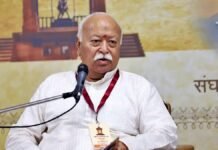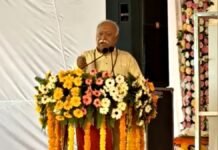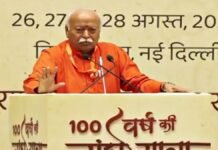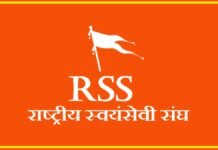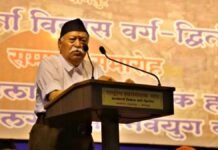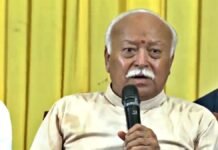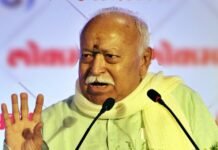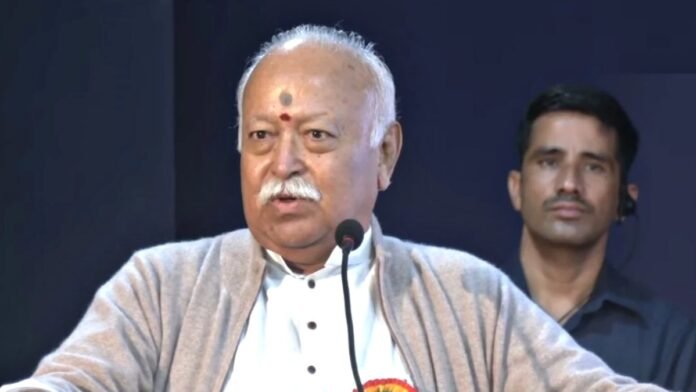
Nagpur: Rashtriya Swayamsevak Sangh (RSS) chief Mohan Bhagwat has sounded a cautionary note on the declining rate of population growth in India, warning that it could lead to societal collapse if not addressed. Speaking at the Kathale Kulsammelan in Nagpur, Bhagwat underscored the critical role of population stability in ensuring the sustainability of societies.
Declining Growth Rate: A Threat to Societal Survival
Addressing a gathering, Bhagwat highlighted that the population growth rate of a society must not fall below 2.1, a benchmark often cited by demographers. “If the growth rate drops below 2.1, a society will destroy itself; no external force is needed for its downfall,” he said. He emphasized the importance of strong family units as the foundation of a sustainable society.
Drawing from India’s population policy established in the late 1990s and early 2000s, Bhagwat stressed that a growth rate higher than 2.1—ideally closer to 3 was necessary to ensure the continuity of societal and cultural frameworks.
What Is the Ideal Fertility Rate?
Bhagwat’s concerns align with demographic science. According to the World Health Organization (WHO), the ideal fertility rate for a country to maintain population stability is 2.1. This means that, on average, every woman in a given region or country should have at least 2.1 children during her reproductive years (typically ages 15–49).
Fertility rates below this threshold pose a risk of population decline, leading to an aging society, workforce shortages, and challenges to economic growth. Bhagwat pointed out that maintaining a stable fertility rate is critical for societal balance and continuity.
The Broader Implications of Declining Fertility
India’s fertility rate has been steadily declining over the years. As of recent data, it has reached or even fallen slightly below the replacement level of 2.1 in several regions. This trend, while reflective of improved education and access to healthcare, raises concerns about long-term demographic challenges such as an aging population and shrinking workforce.
Bhagwat’s comments come at a time when many countries, including developed nations like Japan and South Korea, are grappling with the adverse effects of low fertility rates. These challenges include economic stagnation and increased dependency ratios, where fewer workers must support a growing elderly population.
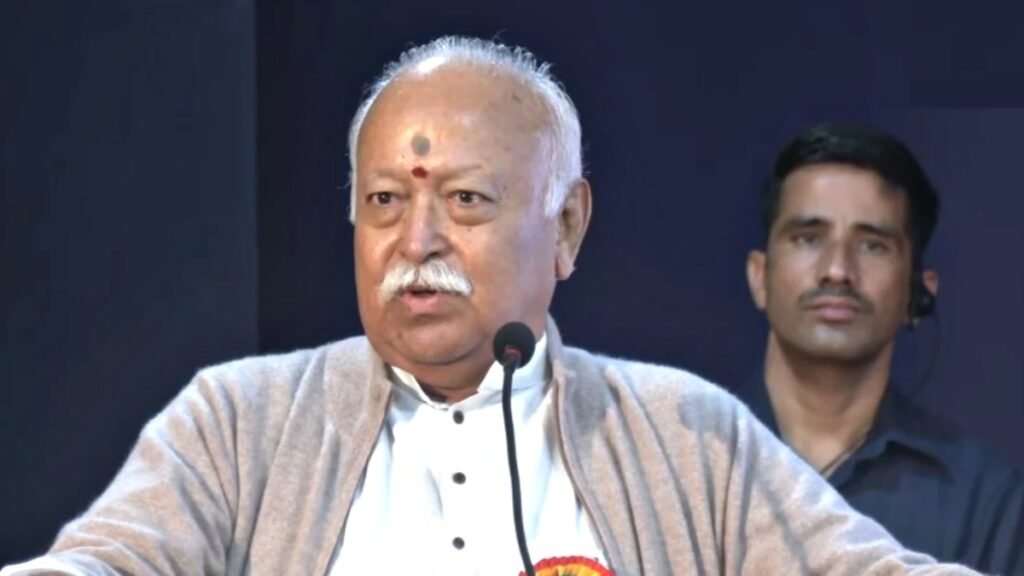
The Call for Population Awareness
The RSS chief’s speech underlined the need for greater awareness and balanced population policies that ensure both sustainability and growth. Bhagwat reiterated the importance of strong family structures and societal responsibility in addressing this issue.
As India continues to evolve demographically, policymakers and society at large will need to strike a delicate balance between controlling overpopulation in some regions and addressing declining fertility in others. Bhagwat’s call for action is likely to spark further debate on how to navigate these complex challenges in the years to come.


































